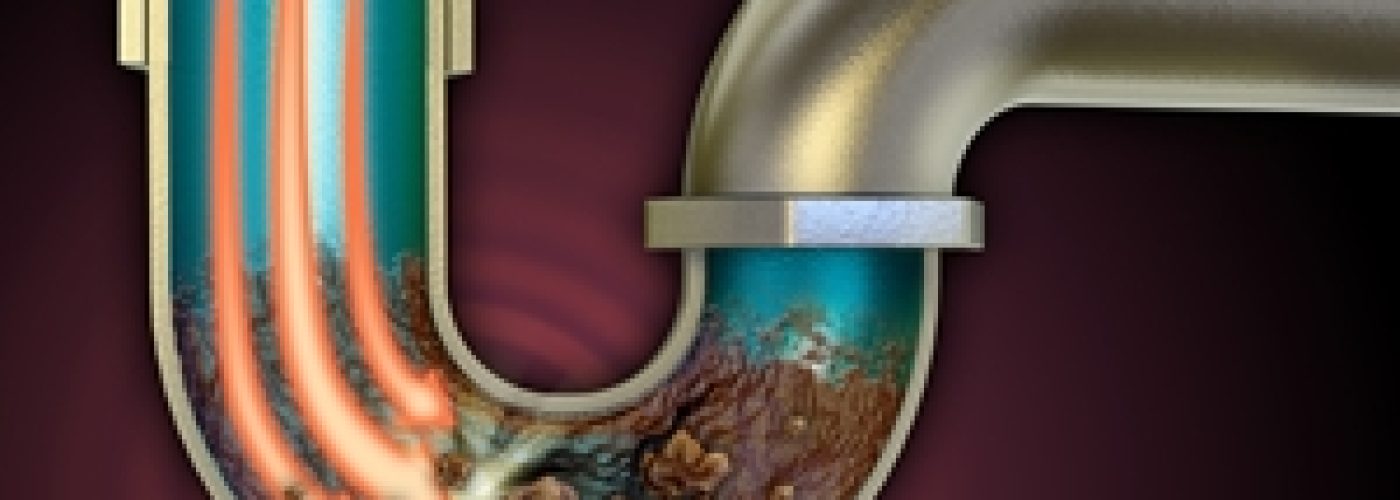Blocked drains are a common nuisance faced by homeowners across the UK. From unpleasant odours to potential flooding, a blocked drain can lead to significant issues if not addressed promptly. Understanding the common reasons behind blocked drains can help you identify and resolve the problem before it escalates. This article will explore some of the most frequent causes of drain blockages and provide practical solutions for each.
Outside Drain Overflowing
Blocked outside drains can often lead to overflowing, particularly during heavy rainfall. Leaves, dirt, and debris can accumulate over time, leading to a blockage.
How to Fix It
Regular maintenance, including clearing debris from drain covers and using a pressure washer on an outside drain overflowing, can prevent blockages from forming. If an outside drain is already overflowing, start by clearing any visible debris. If the blockage persists, using a drain auger or contacting a professional may be necessary to address the issue effectively.
Build-up of Hair
One of the most common culprits behind blocked bathroom sinks and showers is hair. Over time, strands can accumulate in the drain, leading to a blockage. This is particularly problematic in households with multiple residents who shower regularly.
How to Fix It
To tackle a hair blockage, start by removing the drain cover (if applicable) and using a pair of gloves to pull out any visible hair. For more stubborn clogs, you can use a plumber’s snake or a drain auger to break up the blockage. Regularly cleaning the drain and using a hair catcher can prevent this issue in the future.
Grease and Fat Buildup
Another frequent cause of blocked drains in the kitchen is the accumulation of grease and fat. When you pour cooking oils, sauces, or fatty foods down the sink, they can solidify, creating clogs that restrict water flow.
How to Fix It
To clear a greasy blockage, you can pour boiling water down the drain to help dissolve some of the fat. For tougher clogs, a mixture of baking soda and vinegar can be effective. Pour half a cup of baking soda down the drain, followed by half a cup of vinegar. After 15 minutes, flush with boiling water. To prevent future grease build-up, always dispose of cooking fat and oils in the bin, rather than down the sink.
Food Solids
In addition to grease, food solids can also lead to blockages, especially in kitchen sinks. Small pieces of food can accumulate over time, particularly when a sink strainer isn’t used.
How to Fix It
Firstly, remove any visible food debris from the sink. Then, try the hot water method mentioned earlier, or use a baking soda and vinegar solution. In severe cases, you may need to disassemble the U-bend under the sink for a thorough clean. Always ensure you use a sink strainer to catch food particles and prevent them from going down the drain.
Soap Scum
Bar soap and shower gels can lead to soap scum build-up in your pipes, especially when mixed with hard water. Over time, this accumulation can lead to a significant blockage.
How to Fix It
You can combat soap scum by mixing baking soda and vinegar, similar to previous methods. For persistent blockages, a plumbing snake may be necessary to dislodge the soap build-up. Consider using liquid soap or body washes in the future, as these often leave less residue than traditional bar soaps.
Foreign Objects
Accidental drops of foreign objects into the toilet, sink, or drain can cause significant blockages. Items such as toys, wipes, or dental floss can get lodged in pipes and disrupt the flow of water.
How to Fix It
If you suspect a foreign object is causing the blockage, try to retrieve it if it’s visible. A plumber’s snake can also help grab items stuck further in the pipes. However, if the object is too deep or unreachable, you may need to consult a professional plumber to avoid damaging the pipes.
Conclusion
Blocked drains can stem from a variety of issues, from hair and grease to foreign objects and overflowing outside drains. Understanding these common causes and implementing regular maintenance can help you prevent blockages and keep your plumbing system running smoothly. If you encounter persistent problems, don’t hesitate to reach out to a professional plumber to ensure the issue is resolved correctly and efficiently. Regular care and attention to your drainage system can save you from costly repairs and inconvenient situations down the line.





